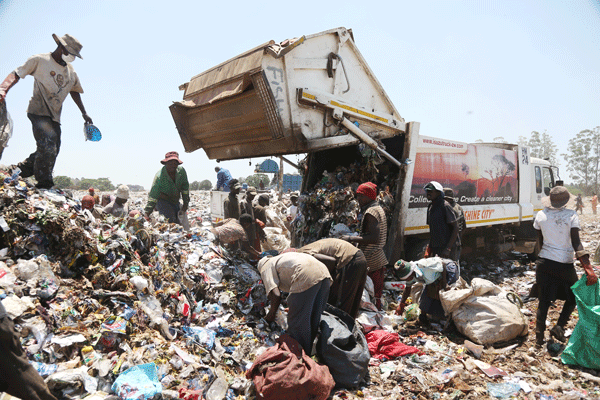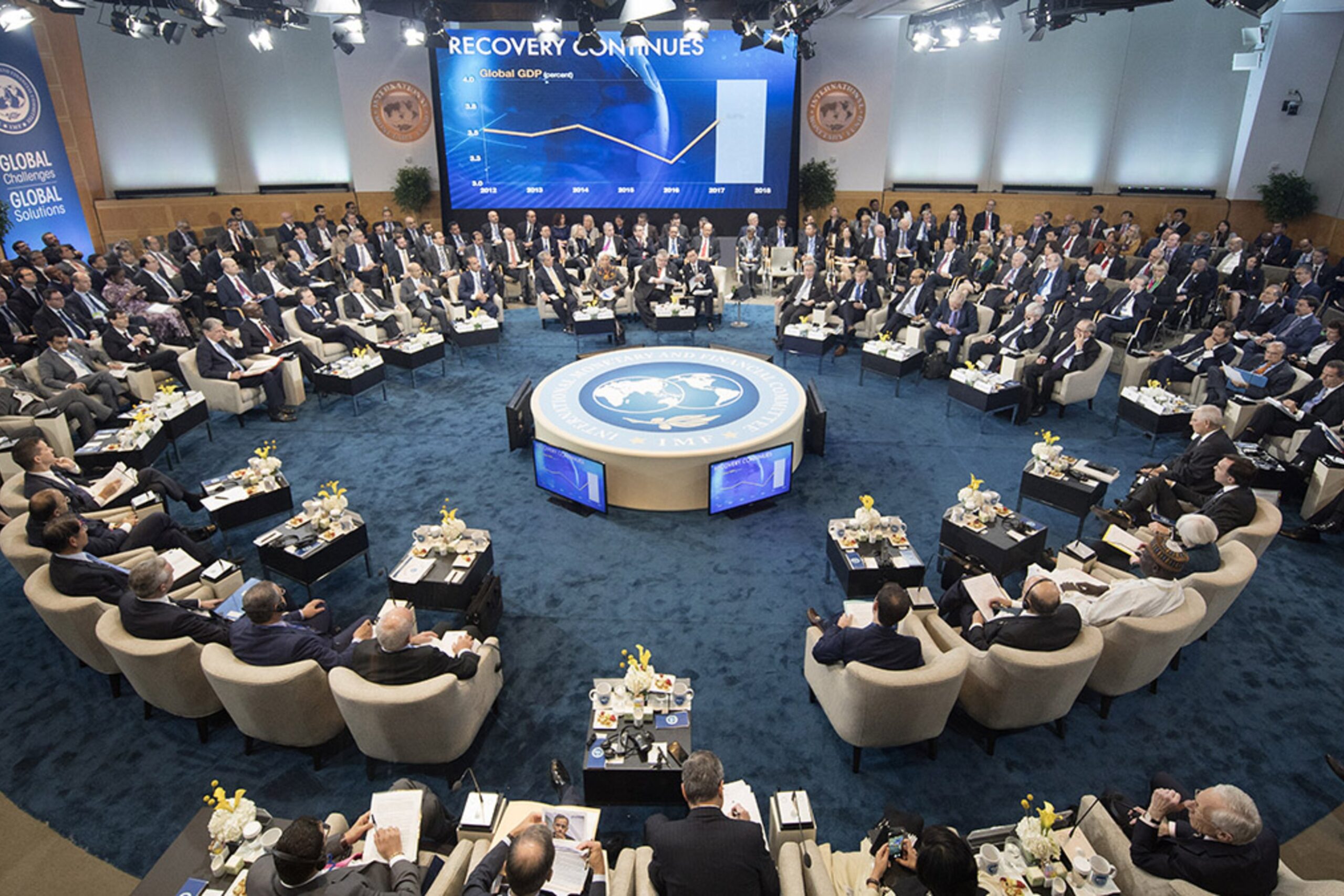Zim to implement IMF’s Staff Monitored Programme in Q4
ZIMBABWE is set to implement the International Monetary Fund’s Staff Monitored Programme (SMP) in the last quarter of this year as part of a structured dialogue process for arrears clearance and debt resolution.
The country is expected to undergo a SMP after the general elections set for August this year.
In an interview after the 4th Structured Dialogue Platform on Zimbabwe’s arrears clearance and debt resolution process in Harare on Monday, Finance and Economic Development Minister Professor Mthuli Ncube said: “As part of the structured dialogue process for arrears clearance, it is necessary for us to enter into a Staff Monitored Programme (SMP) with the International Monetary Fund (MF).
“We expect that process to take place after elections where we will start implementing the SMP in the last quarter of the year, that’s the expectation in terms of our roadmap. We think this is a good thing because it will then allow us to have a real monitored process in terms of our reform agenda.”
Parties to the negotiations have endorsed a three-pronged strategy to guide Zimbabwe through the arrears clearance and national debt resolution programme.
The strategy entails the implementation of economic reforms and recalibration of the country’s governance systems.
Zimbabwe has also been asked to commit to compensation of white former commercial farmers for improvements made on farmland and a resolution of cases of farms covered by Bilateral Investment Promotion and Protection Agreements (BIPPAs) that were affected during the Land Reform Programme in 2000.
Government resettled over 400 000 families on land taken from former farmers under the Fast Track Land Reform Programme. The African Development Bank (AfDB) president, Dr Akinwumi Adesina, has been appointed the champion for Zimbabwe’s arrears clearance and debt resolution process while former Mozambique President Joaquim Chissano is the high-level facilitator of the process.
After the first dialogue platform on arrears clearance and debt resolution process for Zimbabwe, on December 1, 2022, a second high-level dialogue was convened in Harare in February this year.
Since then, two other high-level dialogues have been held on Zimbabwe’s plans to clear its arrears and resolve debt obligations to creditors.
Over the past 18 months, stakeholders in the dialogue that include the Government, AfDB officials, bilateral and multilateral institutions, civic organisations as well as representatives of white former commercial farmers have institutionalised a platform for regular, constructive, and open dialogue that is key for trust and confidence building.
Zimbabwe’s total external public debt as at the end of September 2022 stood at US$14,435 billion, including the US$5,632 billion bilateral debt.
Mthuli said the implementation of the IMF’s SMP is what development partners have requested so that they assist Zimbabwe with identifying a financier who can provide the necessary funding to clear the country’s arrears.
“This is also what development partners are also requesting so that they can then assist us with identifying a financier who can give us necessary funding to clear our arrears.
“It’s technically called the sponsor in language of arrears clearance through this process then we identify a sponsor and then be able to clear our arrears.
“When implementing a Staff Monitored Programme you want it to be financed. By being financed it means it is wet it’s not dry so it’s very important.
“It is our expectation that the partners should support us in some key areas around agriculture, food security, climate change issues, social protection, health funding as well as the education sector funding,” said Mthuli.
Some of the partners, he said are already targeting the above sectors and thus they may have to repurpose some of that funding so that it becomes clear that the funding is coming through during the implementation of the SMP to achieve the desired results.
In his address during the 4th Structured Dialogue Platform, Dr Adesina said the illegal economic sanctions imposed on the country by the West following the land reform programme in 2000 are driving Zimbabwe further into unsustainable debt.
He said Zimbabwe’s debt is not as debilitating as the arrears on the debt since the country cannot access international concessional financing or other revenue or less expensive financing to pay down its debt obligations.
“Of the US$5,7 billion of bilateral debt, 69 percent of this is accounted for by arrears. Similarly, of the US$2,6 billion of multilateral debt, 91 percent is accounted for by arrears. Arrears is now the new debt of Zimbabwe.
“As president of the AfDB, I am very concerned about debt, and even more concerned about debt accumulation from arrears that don’t have an end in sight.
“Zimbabwe cannot run up the hill of economic recovery carrying a backpack of debt on its back. It is time for a comprehensive debt arrears clearance and debt resolution for Zimbabwe,” said Dr Adesina.
Dr Adesina is on record that the proposed Africa Continental Free Trade Area (AfCFTA) will not be complete if it is implemented with sanctions on Zimbabwe still in place, adding an African continent without Zimbabwe will be incomplete.-ebusinessweekly








